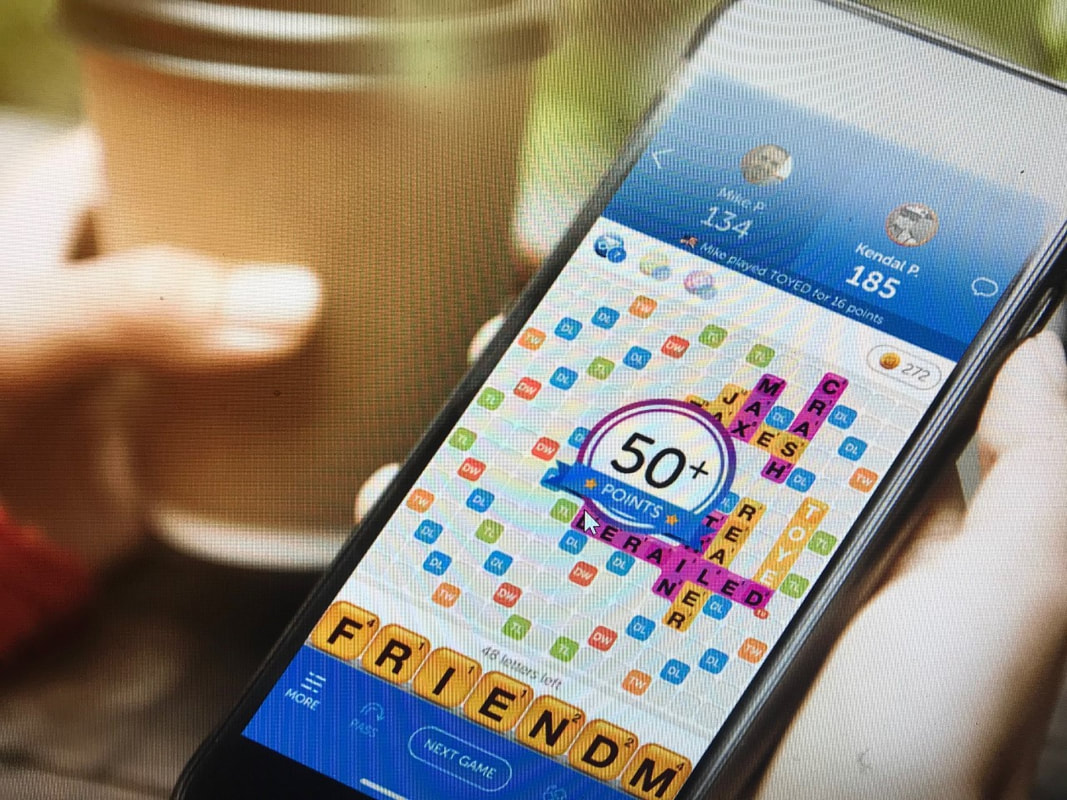
In doing so, it laid out to me those seemingly conflicting ideologies, and how maybe they aren’t so conflicting. Maybe they are complementary. They need each other to succeed.
What the hell is the point? Let me explain.
In Words With Friends, the goal is to maximize your points in building words, similar to Scrabble, to defeat your opponent. As such, you try to put your opponent at a disadvantage if you can’t build a word. Box them in. Make it so they cannot move.
That’s all well and good. Kind of like our political environment in the U.S. Rather than help each other out, there is too much production emphasizing “what’s in it for me,” whether that’s a pet program or something a politician isn’t willing to cooperate on. “Cooperation” is seen as a bad word. Like you sell out your principles.
As opposed to working together to find a solution. Have some give and take. Explore new ideas and options, see how that plays out.
In Words With Friends, that concept comes up when the board is blocked, which happens quite often. You’re trying to find a space for a good word that gets you 47 points if you get a triple word score on a specific tile. You can’t play there. You can’t play anywhere using all those delicious letters. Instead, you can make a huge word that opens the board for your opponent, while scoring next to nothing.
What do you do? Do you cooperate? Or do you continue down the path of your individuality to your singular doom, and a score that is so low it causes you to lose?
Choosing to open up the board with a long word that gets you virtually no points, but allows your opponent to capitalize effectively in a couple of spots takes a leap of faith. You must recognize and support that for the good of the contest, you have some moves down the road that will develop because you opened the board up, rather than bull-headedly continuing down the path of five points, seven points, nine points, with no chance to decently grow your score.
Not only must you think differently to be open to this perspective, you also must think longer term in the sense of two or three moves ahead, like we should do in life, or for our elected representatives thinking down the road in terms of where we are headed. Thinking ahead is a good thing.
The game of Chess is another great example of how you may sacrifice a pawn (lower point player) to capture an opponent’s higher point player several shifty moves ahead. “Sacrifice” is another important word. We seem to have forgotten that one a lot, too.
It is good to remember the sacrifices necessary for both our individual and collective good as a society. “Sacrifice” and “cooperation” help us progress.